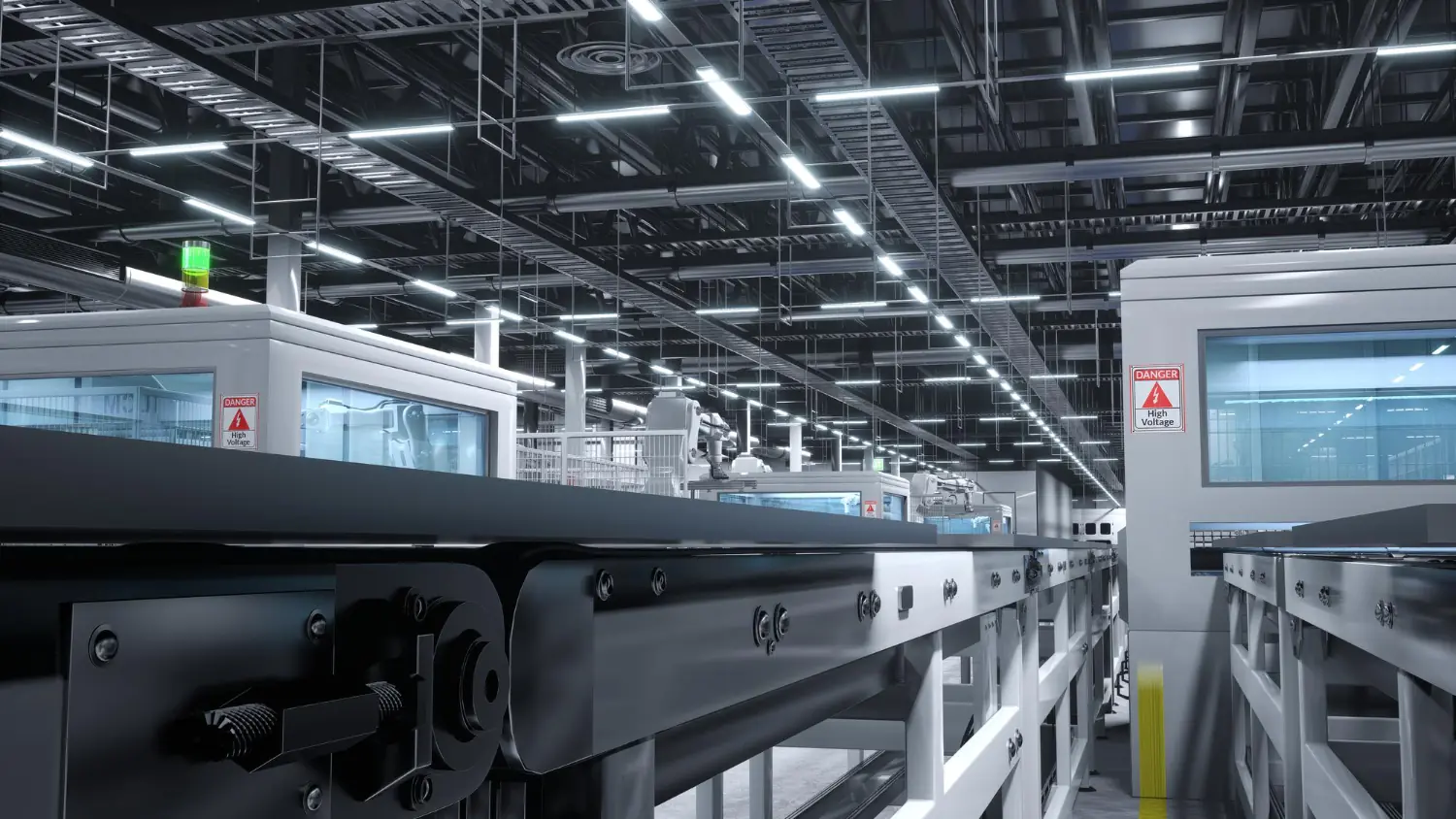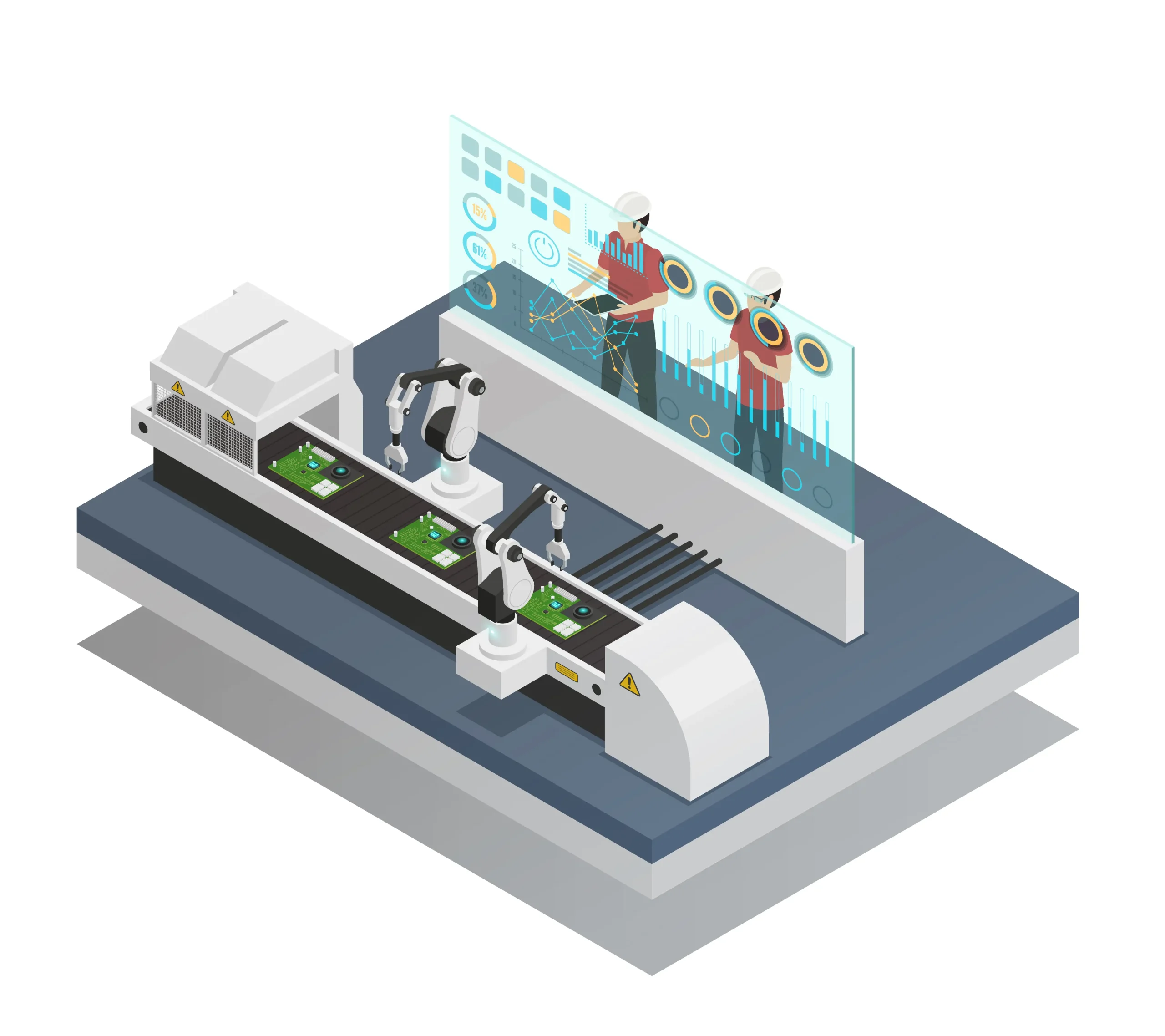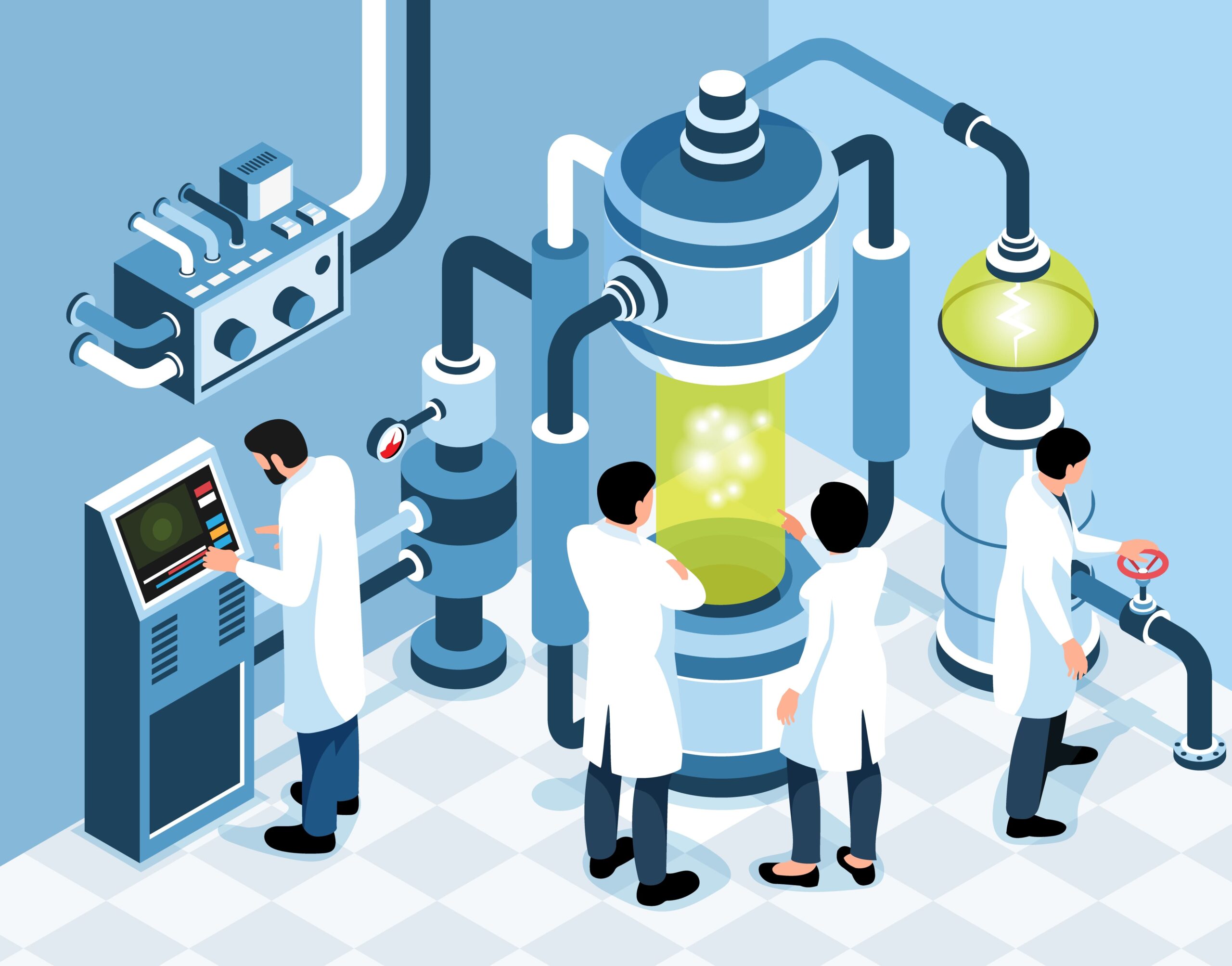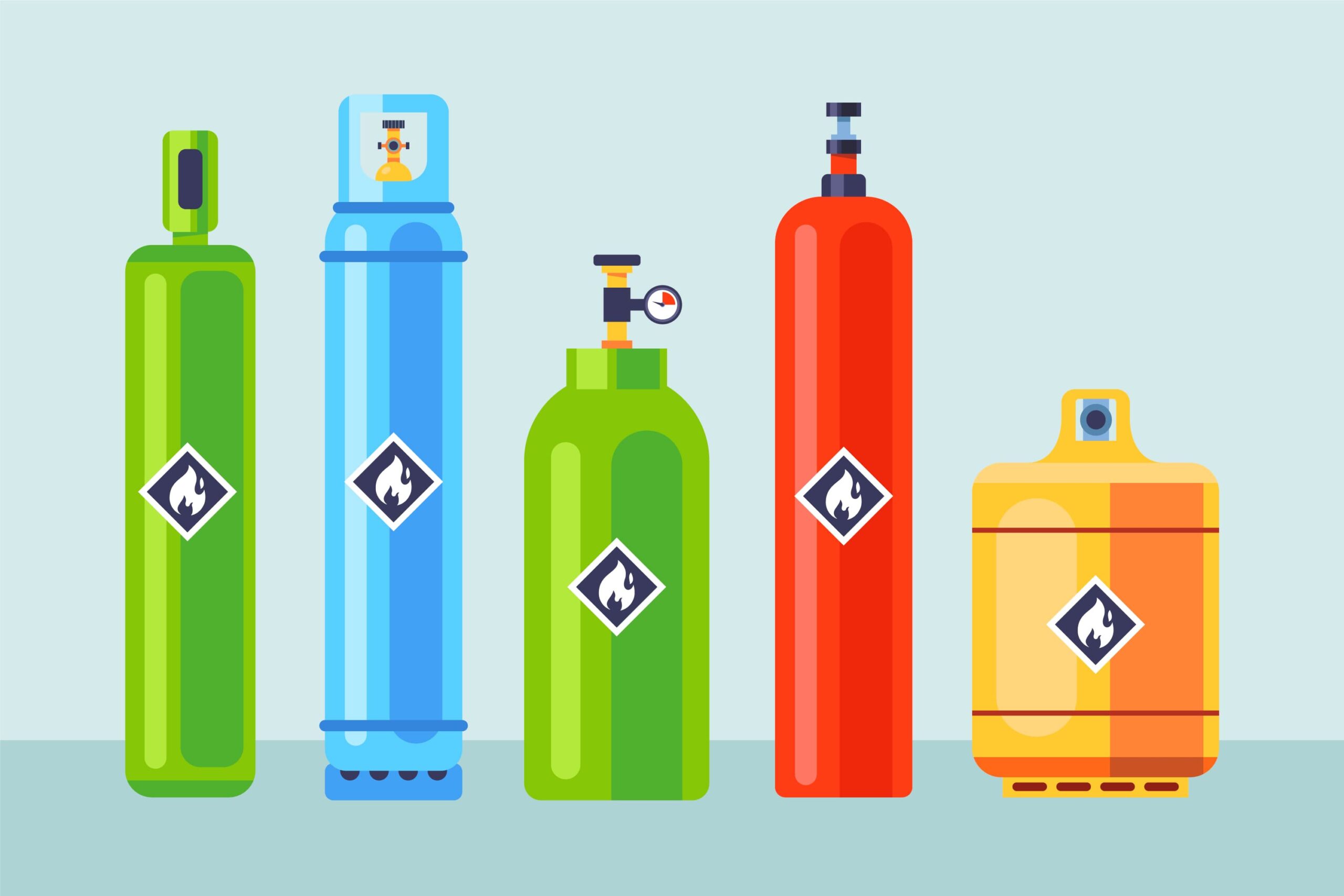At the end of February, EU member states endorsed an agreement on four legislative proposals related to the waste package, initially reached with the European Parliament in December 2017. This waste package aims to increase waste recycling and promote a circular economy by improving waste management practices and encouraging the reuse of materials embedded in waste.
Legally Binding Targets for Waste Recycling and Landfilling Reduction
The new legislation sets legally binding targets with fixed deadlines to boost recycling rates and reduce landfilling. These targets focus on municipal waste and packaging materials, with specific recycling goals for different packaging components. Additionally, the legislation includes measures to cut down the amount of municipal waste sent to landfills.
Key Recycling and Reuse Targets
Member states have agreed on the following targets for the preparation for reuse and recycling of municipal waste:
-
55% by 2025
-
60% by 2030
-
65% by 2035
By January 2025, member states must establish separate collection systems for hazardous household waste. Furthermore, by 31 December 2023, bio-waste must be either separately collected or recycled at source. These measures complement existing separate collection systems for paper, cardboard, glass, metals, and plastics.
Packaging-Specific Targets and Producer Responsibility
The legislation promotes recyclable and reusable packaging through specific targets. It also introduces minimum requirements for extended producer responsibility (EPR) schemes. Under these schemes, producers are financially responsible for managing the waste stage of their products. Mandatory EPR schemes for all packaging have been incorporated into EU law.
Reducing Environmental Impact Through Landfill Reduction
Landfilling waste causes pollution of surface water, groundwater, soil, and air. Therefore, the legislation includes a landfill reduction target. Member states should ensure that from 2030 onwards, all recyclable or recoverable municipal waste is not sent to landfills, except in cases where landfilling yields the best environmental outcome. By 2035, the amount of municipal waste landfilled must be reduced to 10% or less of the total municipal waste generated.
Encouraging Investment in Recycling Technologies
Member states believe these ambitious targets will provide a sufficient scale for the EU industry to invest in new recycling techniques and technologies, thus advancing the circular economy.
Next Steps Towards Adoption and Implementation
The revised legislation addresses cross-border environmental challenges such as greenhouse gas emissions, air pollution, and marine litter caused by improper waste management. It ensures valuable materials embedded in waste are effectively reused, recycled, and reintegrated into the European economy. This supports the transition to a circular economy, reducing the EU’s reliance on imported raw materials by promoting sustainable and efficient resource use.
The proposed legislation will now be submitted for a vote at the next plenary session of the European Parliament and then forwarded to the EU Council for final adoption. Once adopted, the legislation will enter into force 20 days after its publication in the Official Journal of the European Union.
Once adopted, the legislation will enter into force 20 days after its publication in the Official Journal of the European Union, and industries can consult methods to increase production capacity to efficiently meet growing recycling and waste management demands.














